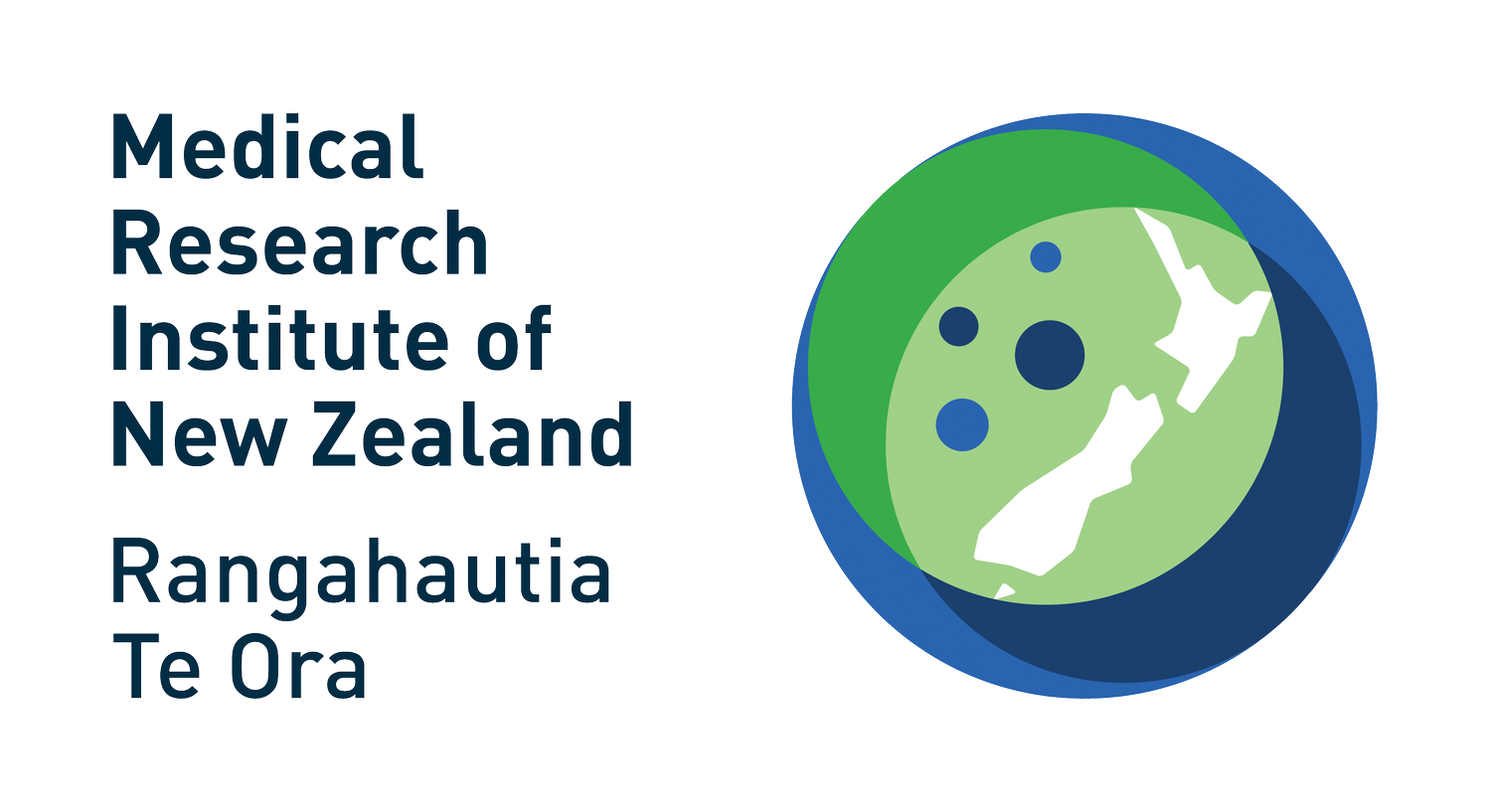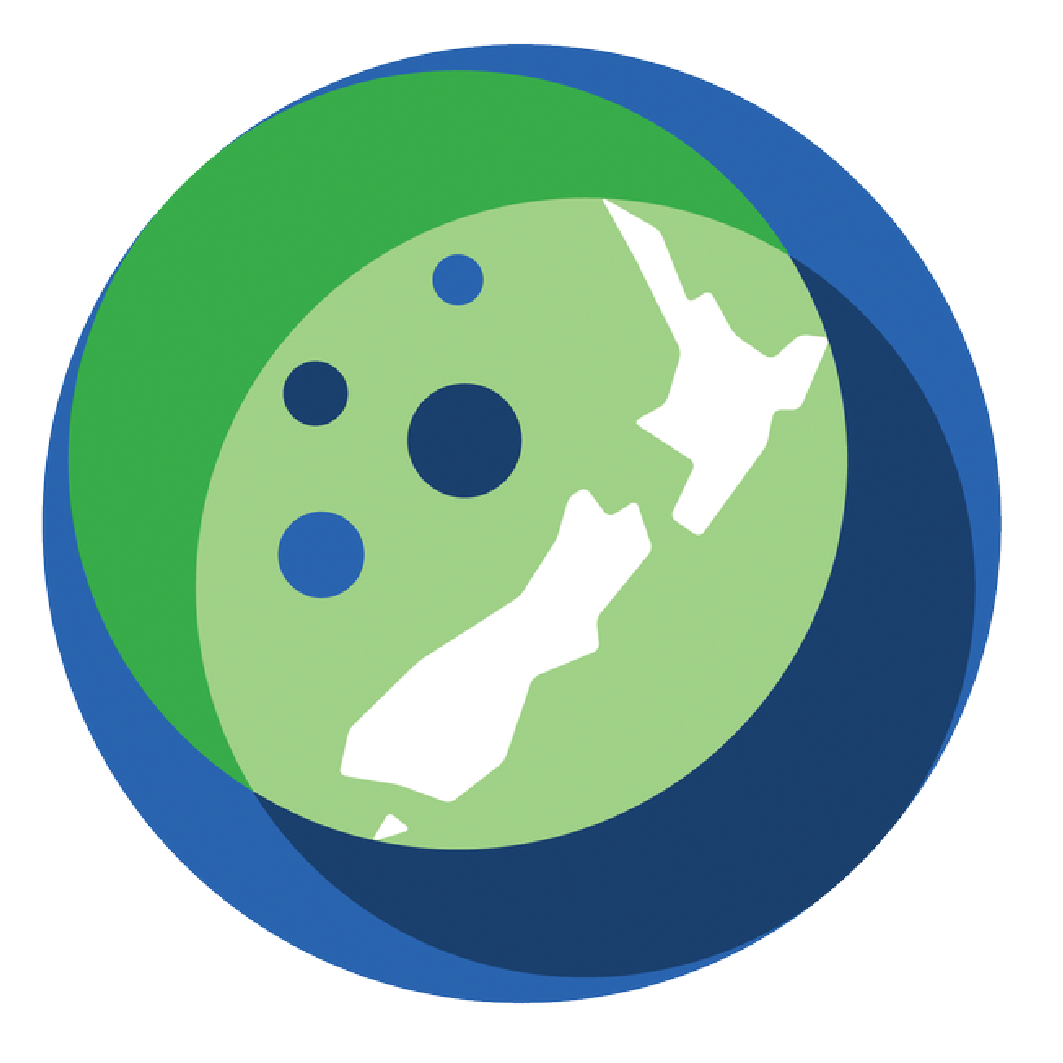New rehabilitation intervention helps people take charge of their lives after stroke
MRINZ studies show that stroke self-rehabilitation improves recovery outcomes. This New Zealand-led research could help hundreds more people become independent after a stroke.
Stroke is Aotearoa New Zealand’s second most common cause of death and the leading cause of serious adult disability. Until recently there have been no treatments shown to improve post-stroke outcomes, such as independence and quality of life, once someone is discharged from hospital.
Through developing and testing in large clinical trials, the ‘Take Charge’ intervention—a low-cost rehabilitation programme that supports a person to control their stroke recovery—is a major achievement for the MRINZ.
The Taking Charge After Stroke (TaCAS) Study, led by Dr Harry McNaughton, MRINZ Stroke/Rehabilitation Research programme lead, has provided conclusive evidence that the ‘Take Charge’ regimen markedly improves stroke recovery. Furthermore, with an economic analysis of ‘Take Charge’ having been published, it is also highly cost-effective.
‘Take Charge’ involves at-home sessions, with a trained facilitator, that encourage people recovering from stroke to focus on what, and who, is most important to them in order to plan their rehabilitation. Each participant, not the facilitator, leads their recovery process to promote autonomy, self-motivation, and connectedness with others.
Study findings state that if this approach was implemented widely in Aotearoa New Zealand, an additional 600 people could independently undertake basic activities 12 months after their stroke, and the health system would save more than $9 million each year.
Dr McNaughton, a stroke and general physician currently in Derby, UK says:
"Take Charge is all about boosting self-motivation. We have shown that a simple, low-cost tool, in addition to usual community rehabilitation produces remarkable improvements in the sort of outcomes that matter most to people with stroke."
The TaCAS Study builds on findings from The Māori and Pacific Stroke Study, a landmark MRINZ trial published in 2012, co-led in Aotearoa New Zealand by Dr Matire Harwood and Dr McNaughton. In this world-first trial, all participants and researchers were Māori and Pasifika.
Stroke burden in Aotearoa New Zealand is greatest for Māori and Pasifika, and this health inequity requires a comprehensive and multi-faceted response. ‘Take Charge’ has been shown to be particularly effective for Māori and Pasifika participants, and is set to make a crucial difference to stroke recovery outcomes in these communities.
Dr Matire Harwood, MRINZ Deputy Director, and Māori and Pacific People’s Health Programme Lead, says:
“Psychological health and physical well-being are greatly improved when participants, and their whānau, have control over their choices and lives. It’s wonderful to see research supporting health through self-determination underpin the ongoing worldwide implementation of ‘Take Charge’.”
Thanks to the findings of these two trials, ‘Take Charge’ is likely to be incorporated into international stroke rehabilitation guidelines to become part of its standard care.
Internationally, trials using modified forms of ‘Take Charge’ are planned or underway for people with early dementia and Indigenous Australians following a stroke.
Professor Christopher Levi, Director of the John Hunter Health and Innovation Precinct in NSW, Australia, says:
“Dr McNaughton and his team’s work is an international first and generally regarded as a breakthrough in new knowledge in the field. This innovative research has the potential to transform stroke recovery care for both indigenous and non-indigenous communities around the world.”
Helen Gaynor, Head of Community Services for the Irish Heart Foundation, says:
“This programme has demonstrated significant benefits for stroke survivors in New Zealand, and we want to be able to offer our members similar gains. We have already used an adapted version of ‘Take Charge’ in our Health promotion service."
The ‘Take Charge’ intervention booklet and training manual is free to download from the MRINZ website: www.mrinz.ac.nz/programmes/stroke.

